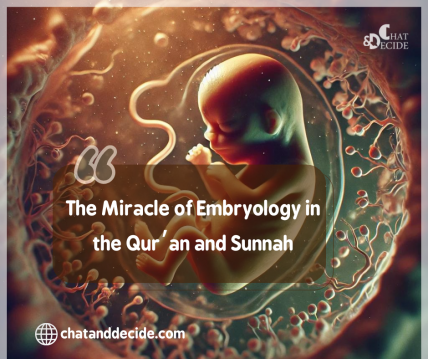The Qur'anic Insight
Allah the Almighty says:
﴾And [by] the earth which cracks [open]﴿
[Qur’an: 86: 12].
Allah says: ﴾And [by] the earth which cracks [open].﴿ In linguistic terms, "crack" refers to a split, fissure, or fracture.
It is a break in the rocks of the Earth's crust accompanied by a slippage movement of the adjacent rock layers, either vertically or horizontally.
Allah swears by the earth and its cracks, raising the question of what makes these cracks worthy of such an oath? What is the significance of these cracks on our Earth?
It has been scientifically established that the Earth is surrounded by an immense network of cracks that are interconnected, appearing as if they form a single crack. The outer rocky layer of the Earth, known as the lithosphere, is about 65-70 km thick at the ocean floors and about 100-150 km thick under the continents. This layer is divided by a network of deep cracks into twelve major plates, in addition to several smaller plates known as microplates or platelets. These plates float on a semi-molten layer known as the asthenosphere. Recently, mid-ocean rifts have been discovered, explained by the theory of tectonic plates formulated only in the late 1960s and early 1970s.
One of the main functions of these giant cracks is that they serve as natural pathways for the stored heat inside the Earth, thus releasing the latent heat within the Earth's sphere. Without these cracks, the Earth would have exploded. Additionally, cracks sometimes act as traps or reservoirs for oil, and they play a significant role in forming some rock reservoirs for groundwater. Faults also act as conduits for mineral solutions to reach places where they can deposit, and some economic minerals may deposit in the main fissure of the fault.
Allah swore by something that no human at that time knew its location or its immense size. This precision in using the scientific term "crack" in the Qur'an manifests one of the aspects of the scientific miracle of the Holy Qur'an.
Cracks are among the most prominent features of the Earth. They have been, and still are, a reason for absorbing gasses from the atmosphere and the hydrosphere, as well as contributing to the formation and fragmentation of continents, the formation of mountains, the fertilization of the crust with new minerals regularly, and the movement of lithospheric plates.
Therefore, the Qur'an's early use of the precise scientific term for surface or deeply hidden cracks under the Earth's surface, now known in modern geology by the same name, is a conclusive proof that the Qur'an is the word of Allah, the All-Knowing, the All-Wise.


